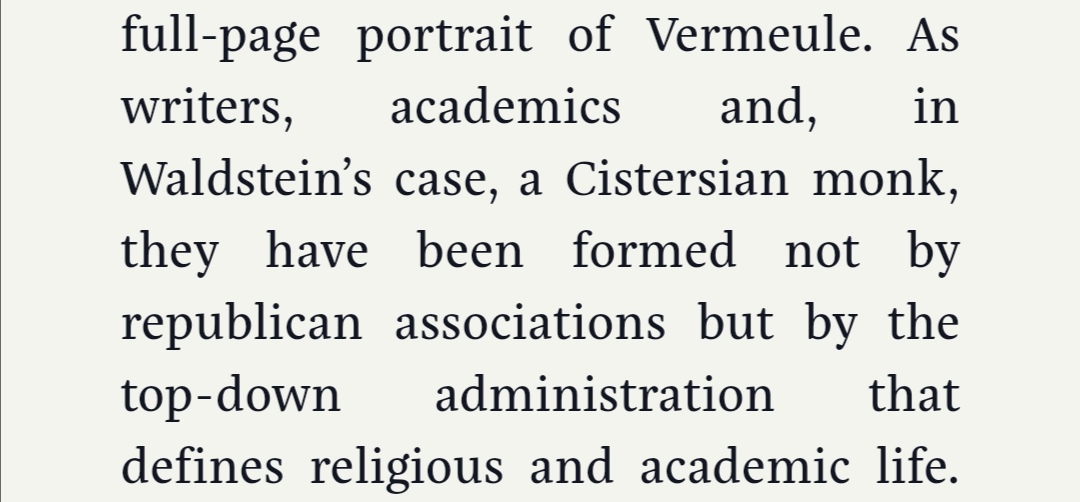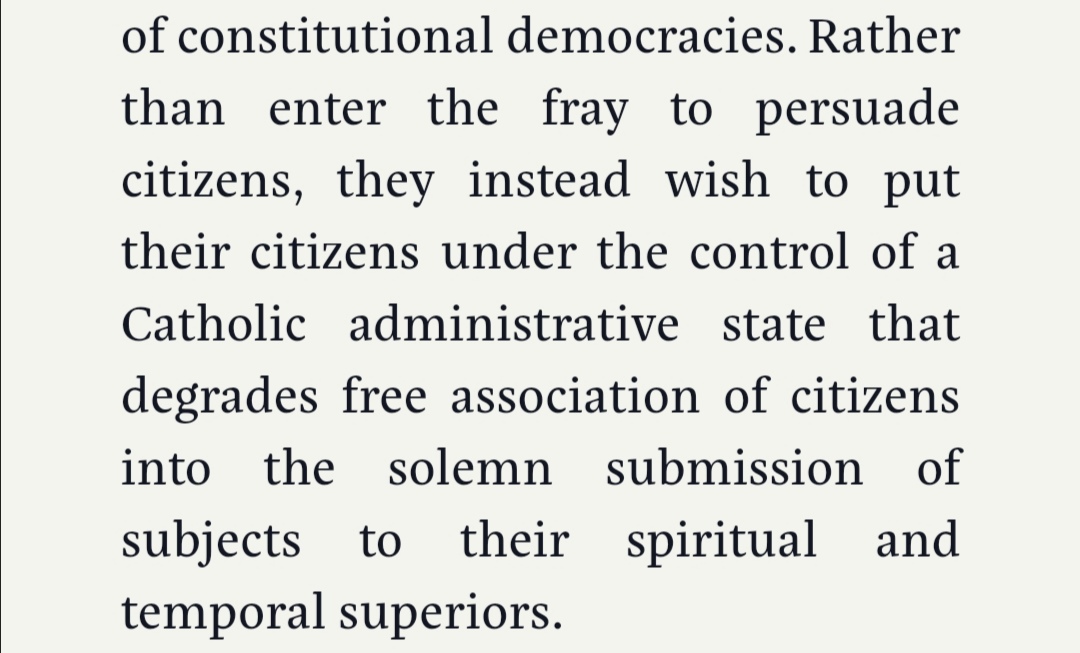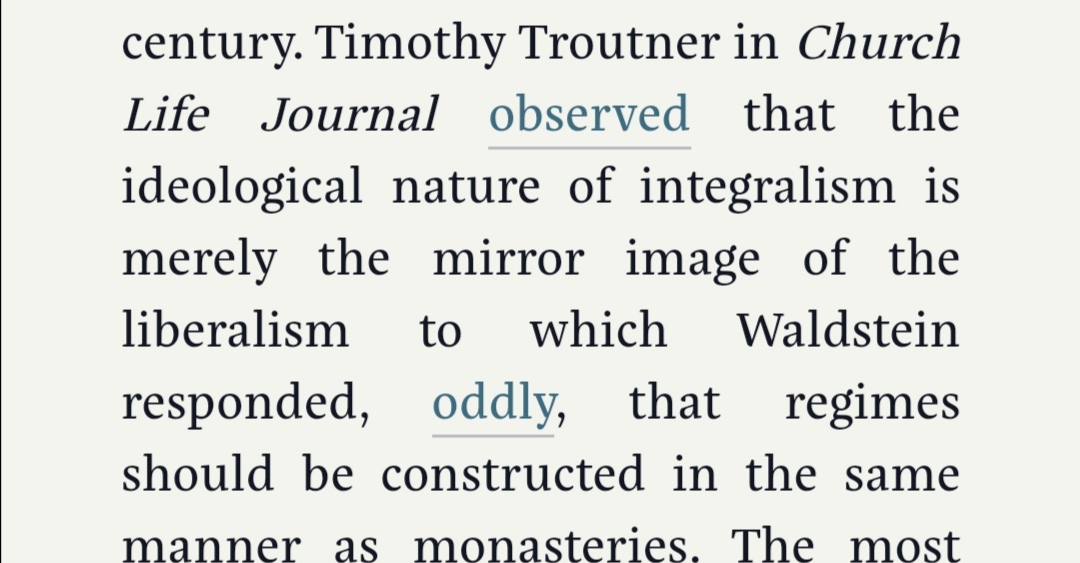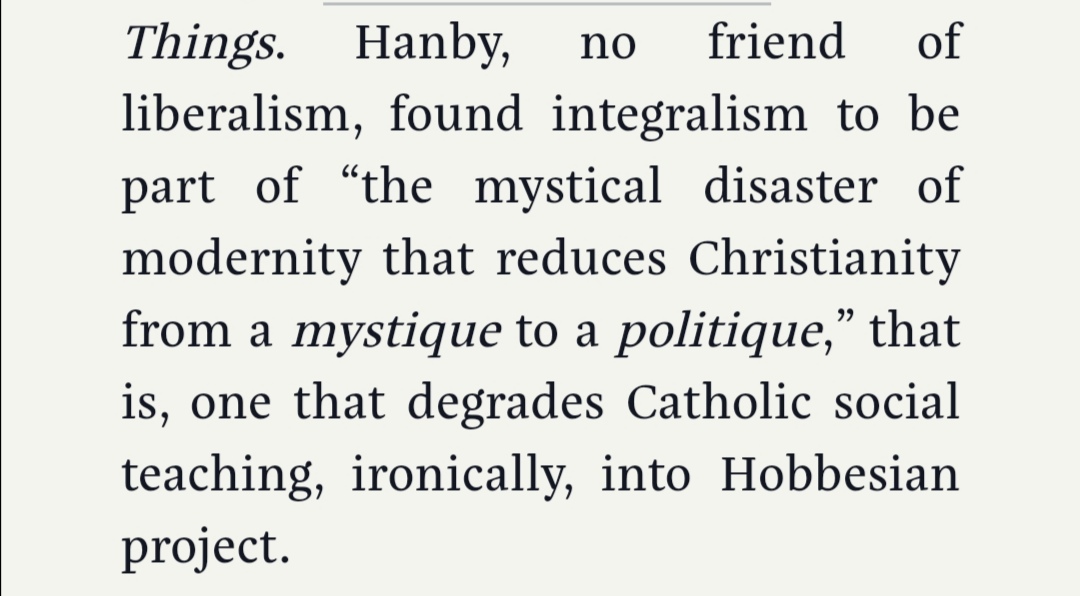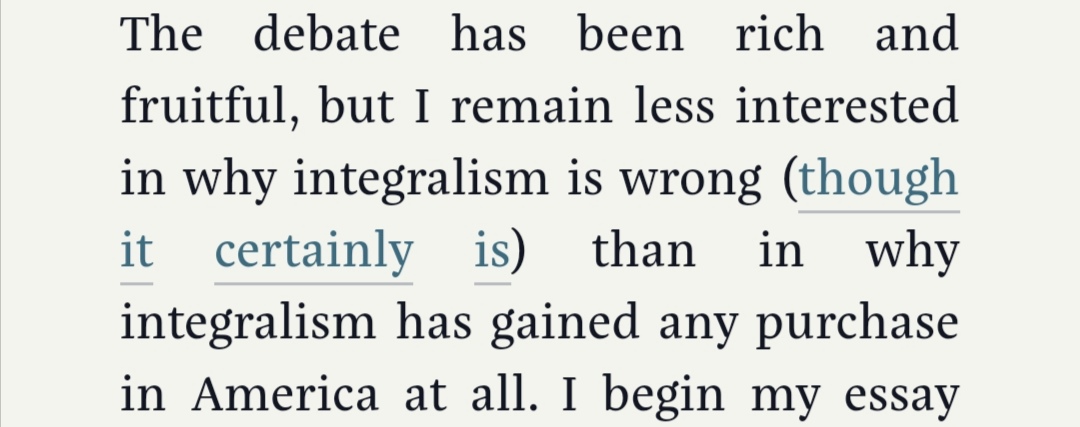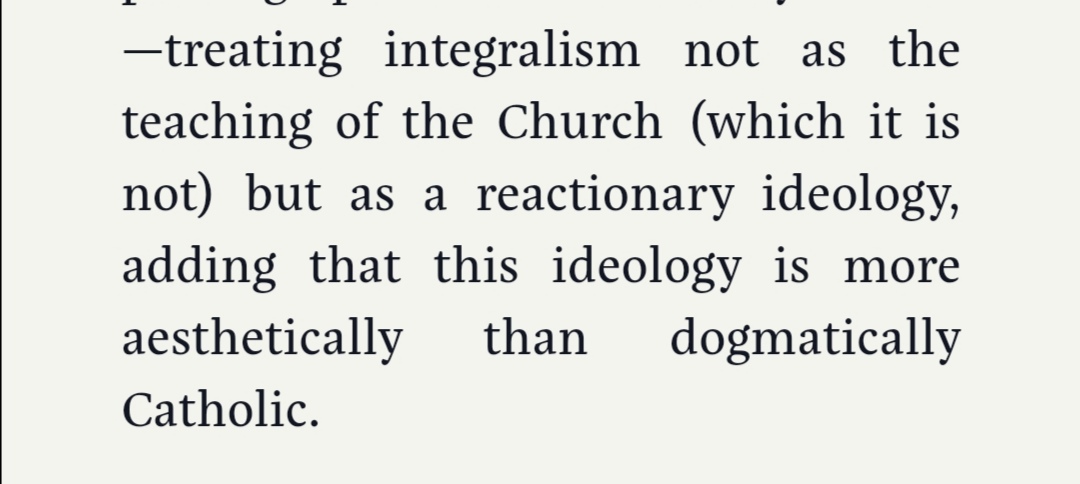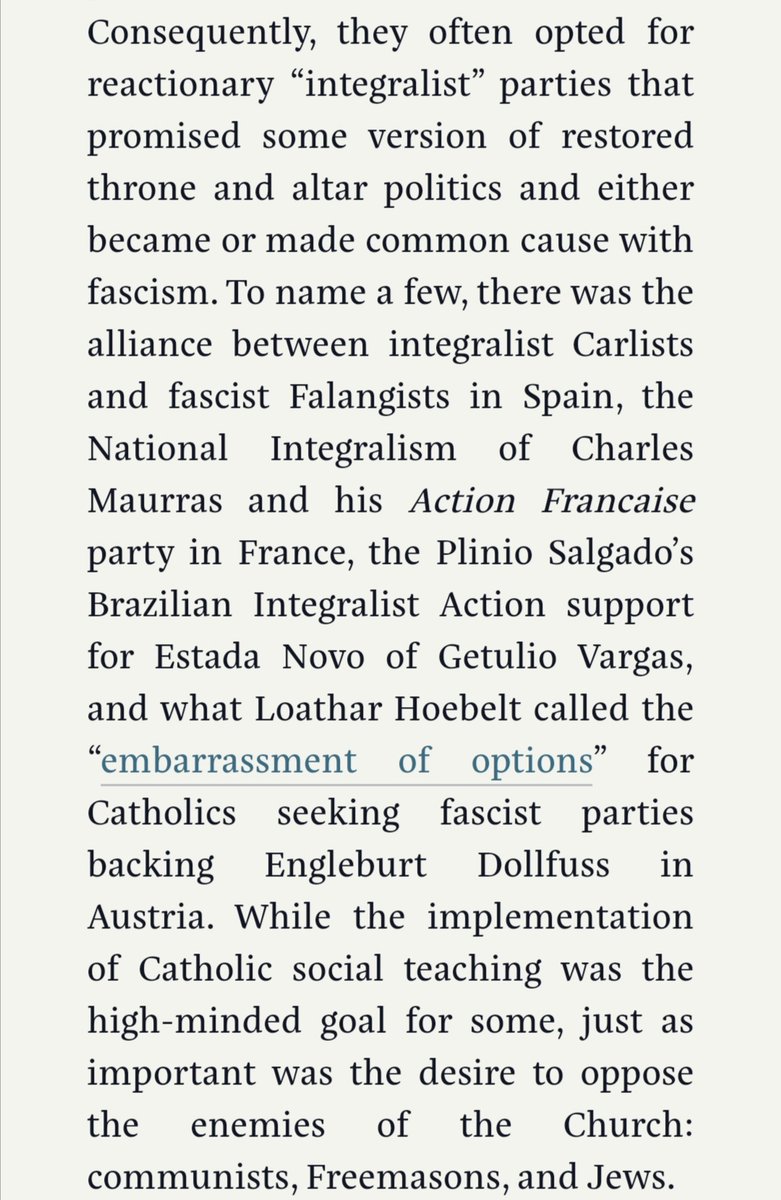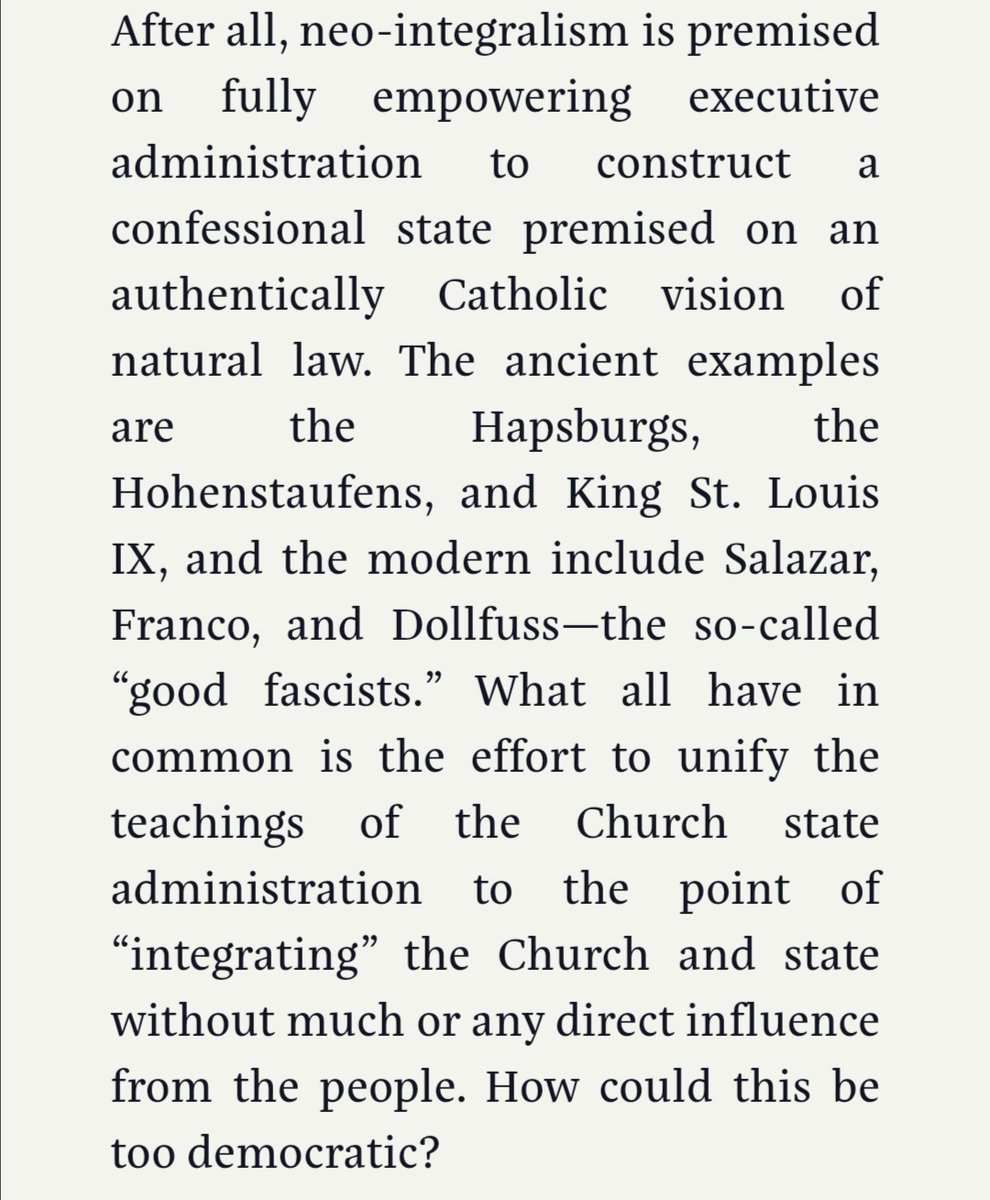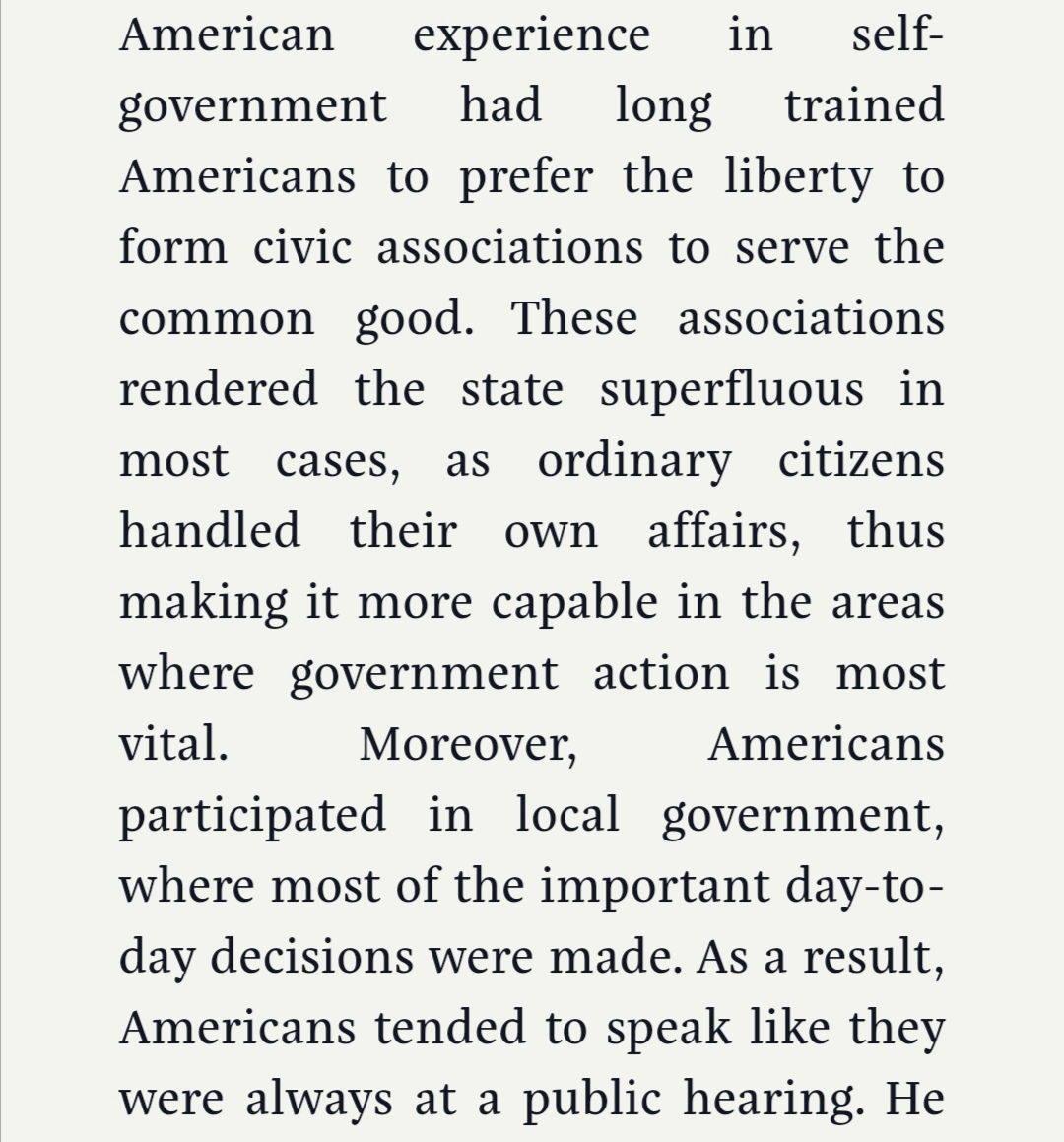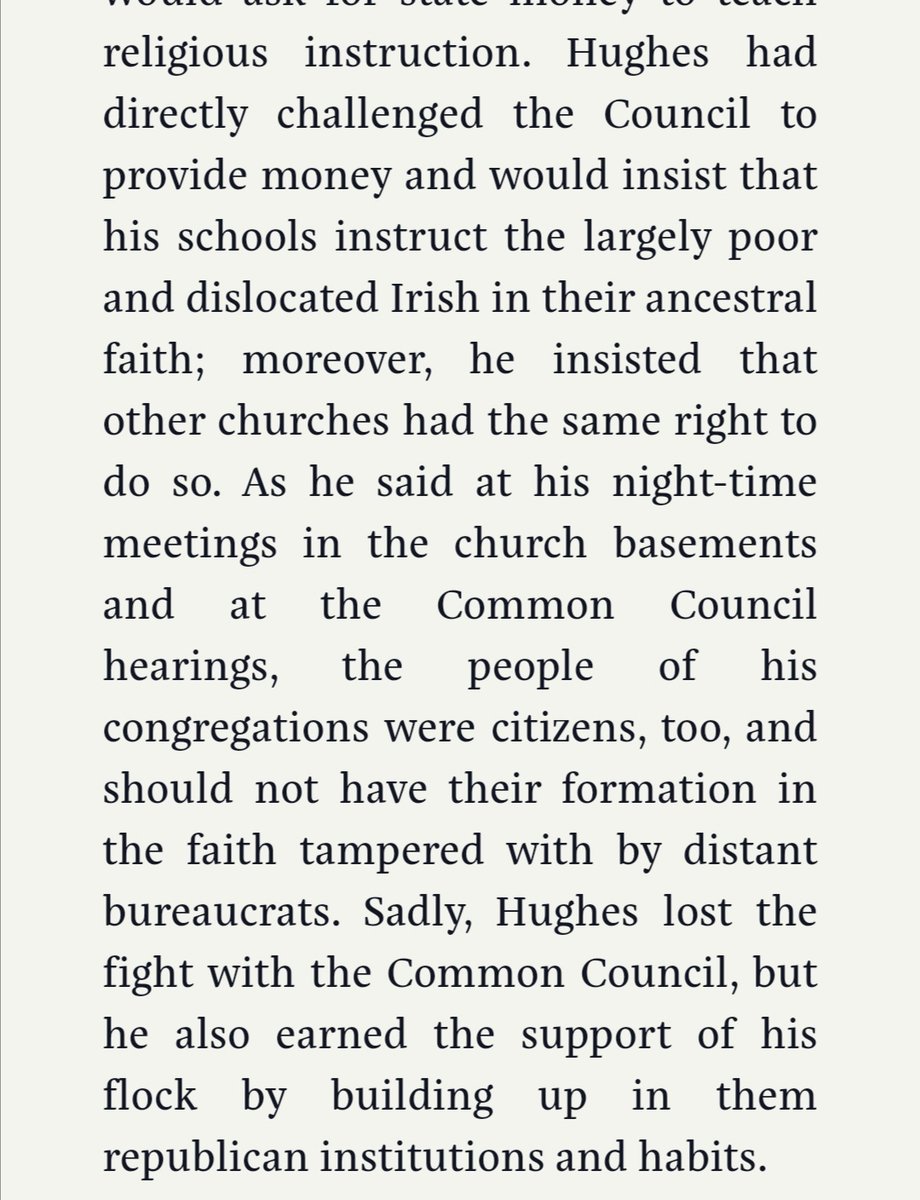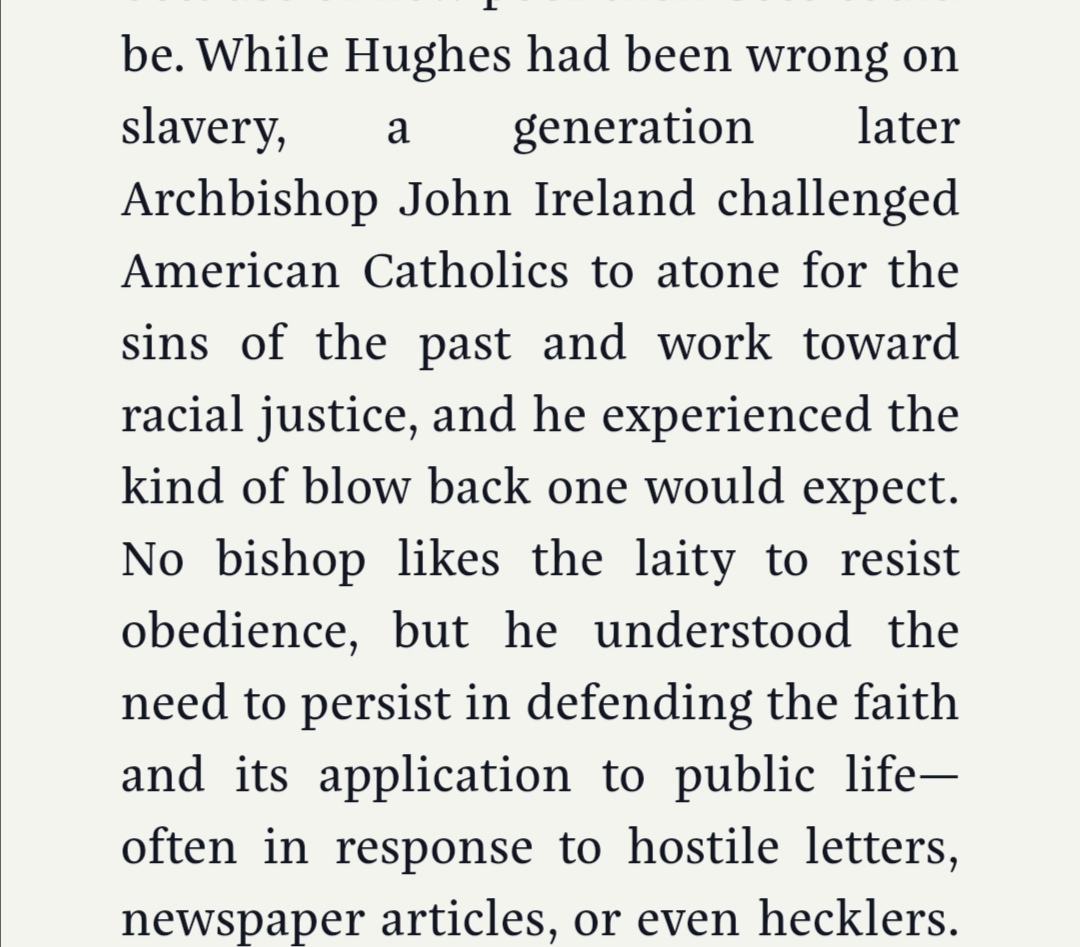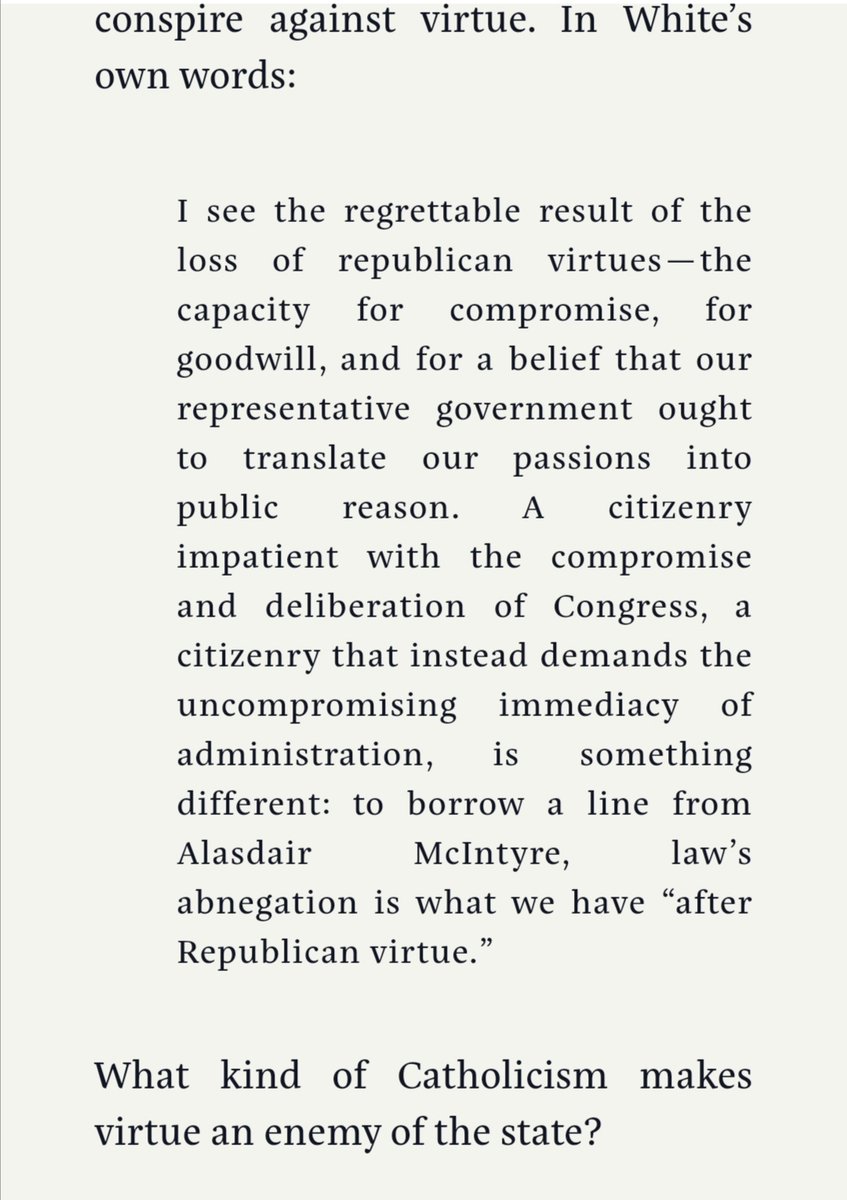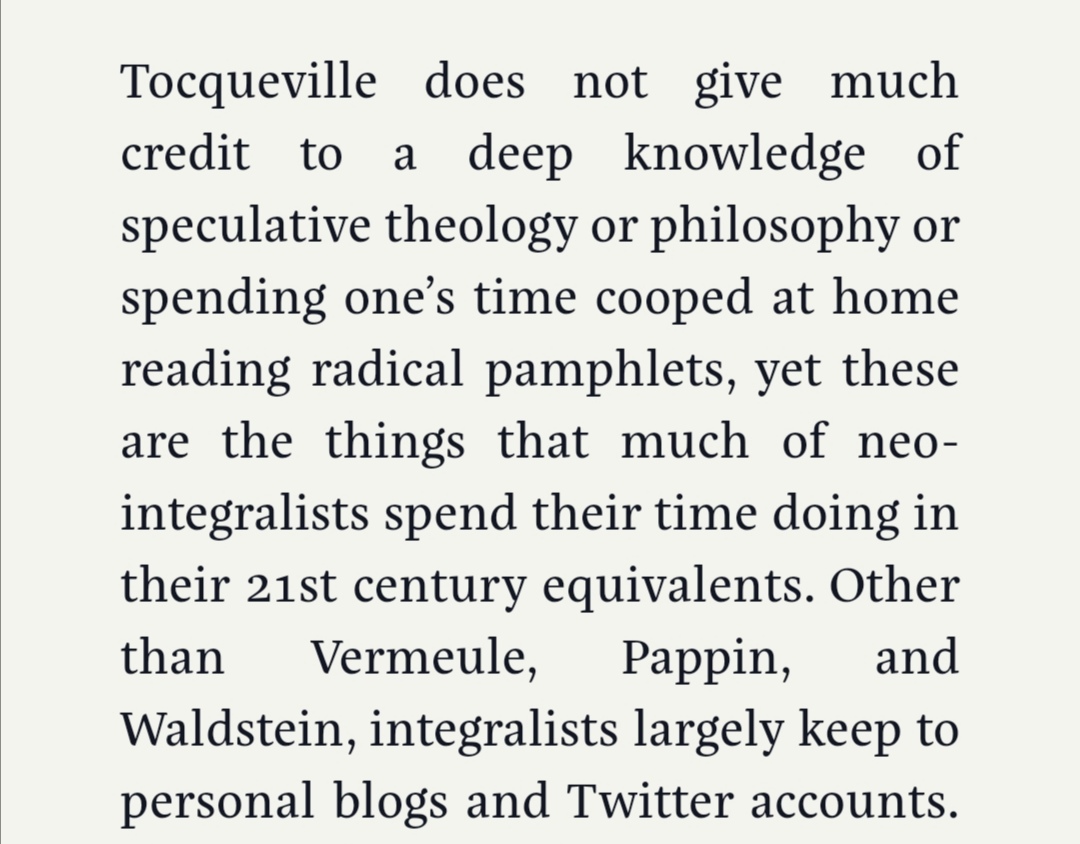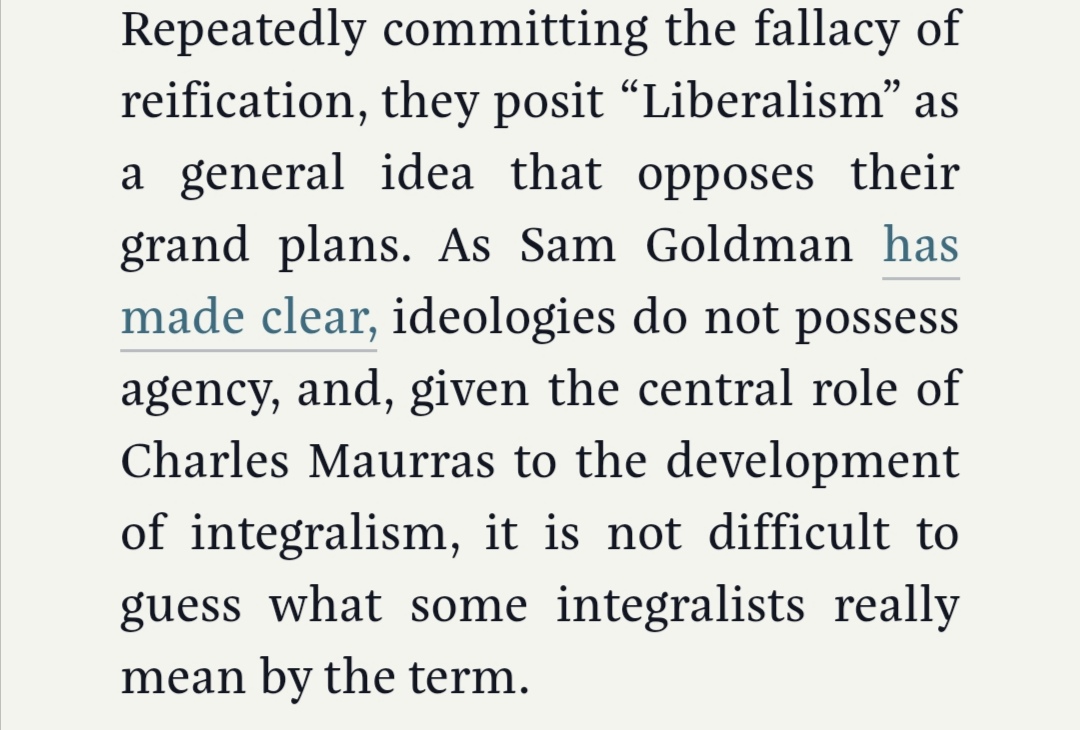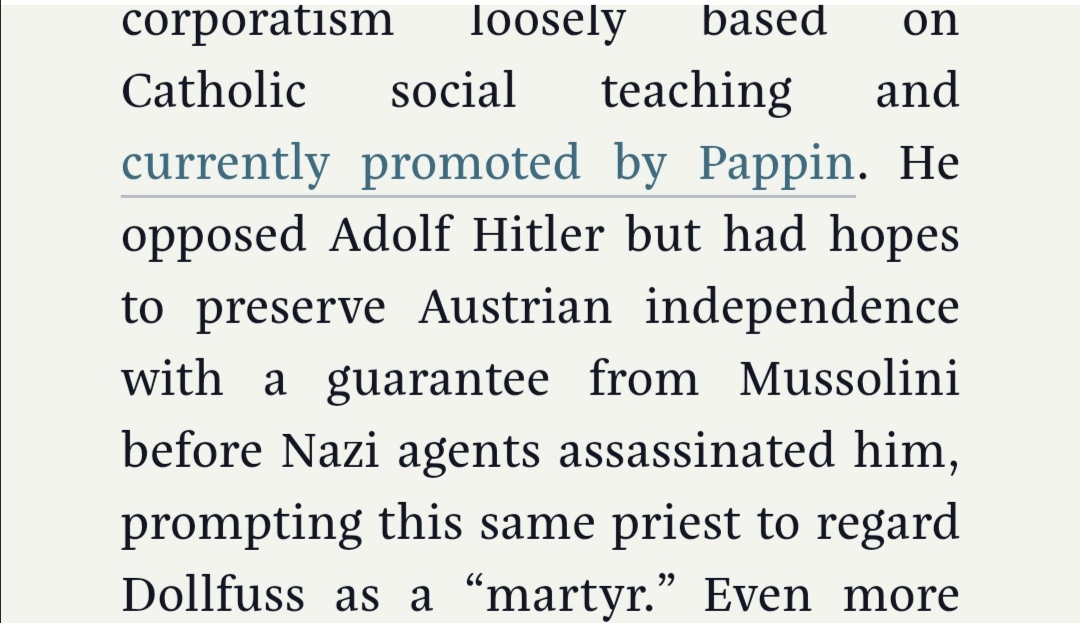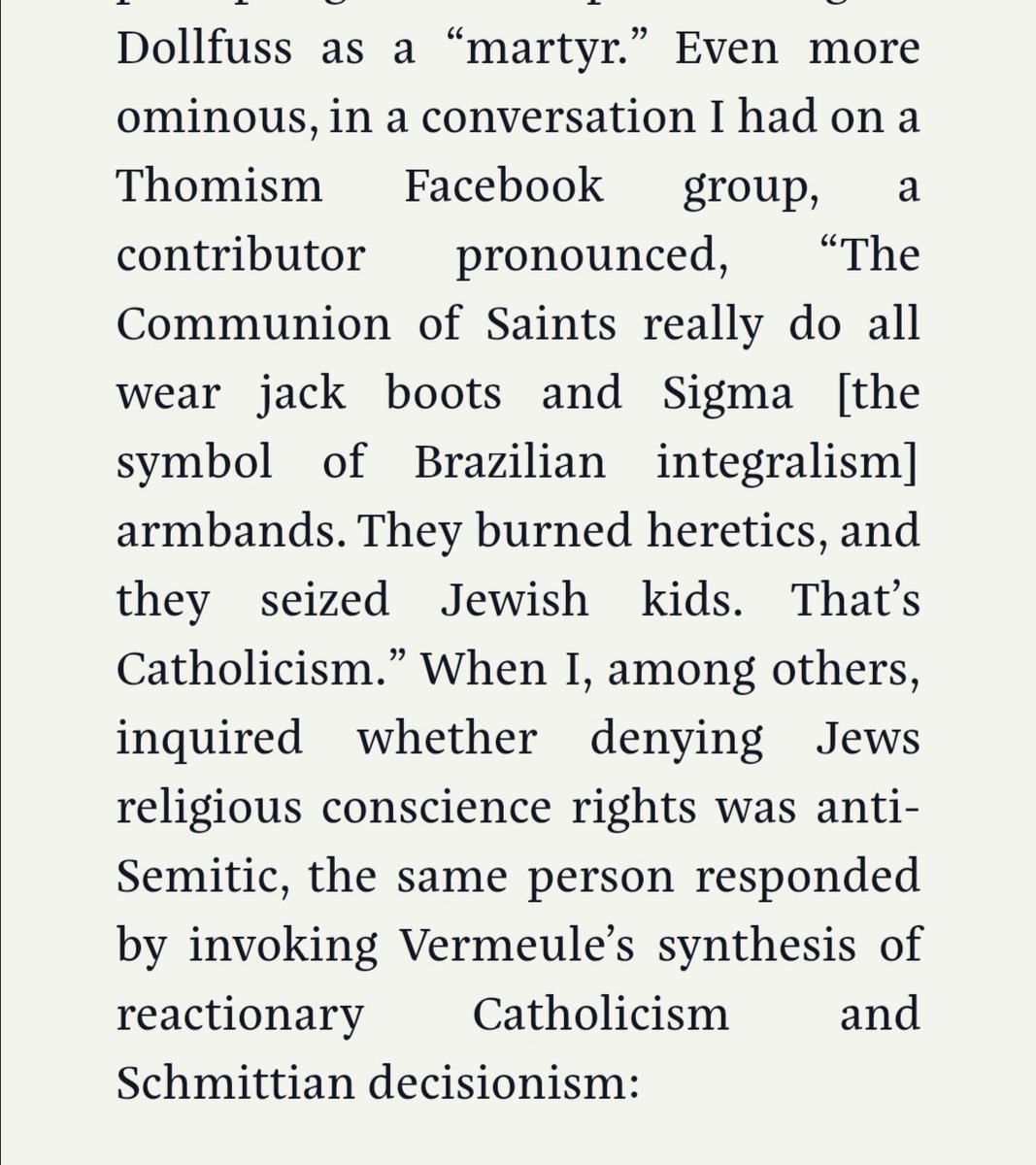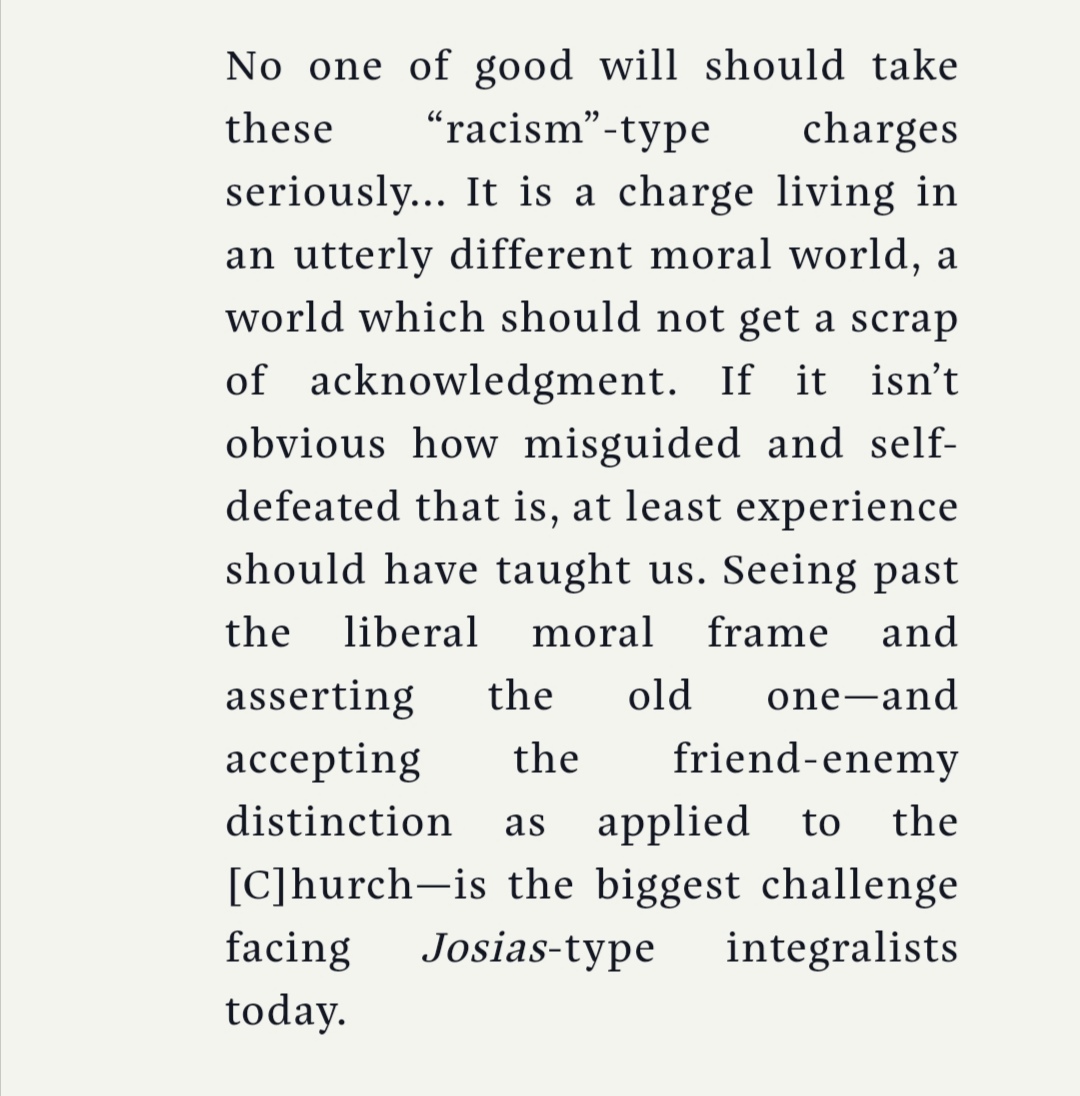Integralist Thread: Someone (I can& #39;t recall) on my TL recently mentioned the “16th-century” style of intellectual combat, where one criticizes his ideological opponents line by line, pausing periodically to strongly suggest that his enemy can barely put on his own pants.
I don’t intend to mention his pants and wouldn’t dare consider myself a real opponent of his, but I thought I& #39;d take a jab at a pseudo-16th-century analysis of Patterson’s essay, “After Republican Virtue.” I don& #39;t think syntax was the main problem, sadly. https://twitter.com/McGillPatterson/status/1252986655826378755?s=20">https://twitter.com/McGillPat...
The first problem that arises is this claim that writers, academics, and monks are categorically unformed by “republican associations” and formed by “top-down” systems. Is Patterson not a writer AND an academic? At a religious institution? Was he not educated at UH & UVA?
Another line down, and he extols *disorder* as one of the positive characteristics of democracies. It seems, that despite having a similar education to him (even the monk has a bachelor’s) integralists are somehow fascist for (arguably) rejecting some democratic deliberation.
Until now, my criticisms are largely confusion at his claims, but this section is a gross mischaracterization of integralism. I don& #39;t object to “free association of citizens”, and it& #39;s not an integralist position. The majority are for *guilds and co-ops*, for heaven’s sakes.
All I can say to this is that this is reduction of Waldstein’s beautiful comparison of the logic behind monastic life to the logic of society, and is a reduction both offensive and absurd.
Patterson now twists Hanby’s position, which is that integralism struggles *to escape* the disaster of modernity (which Hanby says of liberalism too!), despite rejecting it in theory, and is in *danger* of becoming Hobbesian.
Integralism, as I and many others see it, is a deliberate attempt to reject the very de-Christianization of the modern world that Hanby references at the outset of his article.
Patterson then cites three sources which he claims “certainly” disprove integralism. All of them are affirmations of freedom of religion, which is not denied by most integralists. In fact, I think the sources from JP2 and Sheen are pro-integralism.
The whole point is to be in line with Church teaching as much as possible. And aesthetic more than dogmatic? What are either of these claims based on?
The issues here are numerous. When does Patterson establish that throne-and-altar politics are either fascist or inherently bad? Combining Dollfuss’ austrofascism (which barely deserves to be called fascist) and Maurras and the Falangists is simplistic.
Also, communism and freemasonry are/have been objectively some of the worst enemies of the Church--how is opposing them a negative?
Is Patterson ever going to show that fascism and integralism are actually interchangeable terms? Having a few “integral” ideas does not a good integralist make. One would far better criticize liberalism for giving rise to communism and *atheist* totalitarianism.
Additionally, if these dictatorships stabbed integralists in the back as Patterson says, how exactly are they a case against integralism?
Is Patterson citing a literal saint as a case against integralism? How many republican saints have we had? Additionally, I cannot help but wonder why Patterson thinks integralism rejects influence from the people. Integralism cannot work unless it comes from the people.
He implies *again* that integralists don’t want civic associations. Who says this? Vermeule? Pappin? I’ll gladly slap them if that’s the case. Ordinary citizens handling their own affairs is ***the whole point*** of subsidiary hierarchy and family based society.
Honestly, I’m not sure what the Hughes story is supposed to mean. A failed attempt to attain religious educational freedom--which failed because of republicanism and rep. democracy--is somehow an inspiring story of a societal hero?
Does Patterson not know that Ireland’s despicable overreach against the Eastern Catholics in his diocese almost singlehandedly created the American Orthodox church and drove an entire diocese full of Eastern Catholics to schism?
The American shepherds (not Ireland) may well deserve praise, but I seem to have missed Patterson showing that their behavior is a result of liberalism, of all things. Most ironically, bishops applying their moral virtues to the political sphere IS integralist.
What kind of Catholicism conflates “republican virtue” with all virtue? Are the theological virtues republican?
Patterson earlier says that when reactionaries came to power, they had no idea what to do with it. Here, he criticizes integralists for studying theoretical politics. You can’t have it both ways.
I have managed to study integralism for a while without having to bother too much with Maurras. Plus, I don’t say, “Given the central role of slaveholders like Jefferson to the development of liberalism, it’s not difficult…” &c.
An anti-nazi who was assassinated for being pro-Austrian, pro-Catholic, and basing his ideas on Catholic social teaching makes you uncomfortable with integralism?
Not only would I wholeheartedly reject this Facebook Thomist, I have no idea why citing a (likely juvenile) internet fascist who wasn’t even on an integralist forum is a damning indictment of any aspect of integralism.
While you didn’t cite Vermeule’s article, I think Vermeule is bringing up racism as we know it as a modern thought (which it mostly is) and proposing that we stop caring about race and start caring whether somebody opposes goodness and truth. I don’t know why that’s a bad ideal.
This is a sweet story, and I’m glad to see it. In a proper integralist society--difficult to accomplish as it is--all communities would be based around locality, family, and Catholicism above all.
Communities and neighborhoods would be radically democratic, since every individual would own himself and his time and the means of supporting his family, whether that means a small farm or a large share in the company he works for.
This is the fundamental issue of Patterson’s whole critique: he does not seem to understand what integralism is. He claims integralism is fascist (top-down) even though nearly every integralist is subsidiary (bottom-up).
He claims integralism doesn’t want voluntary association of the people, when most integralists are distributists, meaning guilds, co-ops, unions, &c. He claims integralism keeps society a politique, when the point is to regain mystique.
Integralism needs neither fascism nor monarchism! An integralist republic is a valid and moral form of government.

 Read on Twitter
Read on Twitter